Networking is a fundamental aspect of building a successful career in the music industry. It involves more than just meeting people; it's about creating meaningful connections that can lead to opportunities and collaborations. Networking in the music industry is essential for several reasons: it opens doors to new gigs, helps you learn from established professionals, and increases your visibility. Strong networks can lead to mentorships, partnerships, and can even significantly impact your career trajectory. In a field as competitive as music, who you know often matters just as much as your talent.
Developing a Professional Online Presence
In today’s digital age, engaging social media profiles for musicians are non-negotiable. Your social media should reflect your brand and music style, showcasing your personality and what sets you apart. It’s not just about regular posts, but also about engaging with your audience through stories, live sessions, and interactive content. Use these platforms to share your journey, celebrate milestones, and even give sneak peeks into your creative process. Remember, your social media profiles can often be the first point of contact with potential collaborators or industry professionals, so keep them authentic and engaging.
Having a dedicated professional musician website is crucial. It acts as a centralized portfolio of your work, including your bio, music catalog, upcoming gigs, and contact information. Ensure your website is visually appealing, easy to navigate, and updated regularly. It should effectively communicate who you are as an artist and what you offer. A well-designed website can make a strong impression, serving as a powerful tool in attracting industry professionals and fans alike.
Online content is a powerful tool for showcasing your talent. This can range from YouTube videos of your performances, SoundCloud clips of your music, to blog posts about your creative process. This content not only demonstrates your skills but also helps build a narrative around your music. It’s a way to keep your audience engaged and show the breadth of your talent. Consistently producing quality content can attract attention from industry professionals and grow your fanbase.
To maintain a vibrant online presence, you need strategies for consistent engagement. This includes regular posting schedules, interacting with followers through comments and messages, and utilizing analytics to understand what content resonates with your audience. Engaging with other artists and industry pages can also increase your visibility. Remember, consistency is key to keeping your audience engaged and interested in your musical journey.
Attending Industry Events and Workshops
Attending music industry events is a great way to network and learn about the latest trends in the industry. Research and identify key events like music conferences, workshops, festivals, and award shows that are relevant to your genre or career stage. These events are often attended by a wide range of industry professionals, offering valuable opportunities for networking and exposure.
As an attendee at music events, it’s important to be proactive. Prepare a brief introduction about yourself and your music, carry business cards, and be open to conversations. Listen actively and show genuine interest in others’ work. It’s not just about promoting yourself but also about building connections. Workshops and seminars are not only educational but also offer excellent networking opportunities. Participate actively, ask questions, and engage with speakers and fellow attendees. These settings can provide more intimate networking environments compared to larger events, making it easier to form connections.
Your gigs and performances are prime networking opportunities. Engage with the audience, fellow musicians, and event organizers. Every performance is a chance to showcase your talent and make connections that could lead to more gigs or collaborations. Always follow up with the contacts you make, expressing gratitude for their support and exploring potential future opportunities.
Effective Communication in Networking
When approaching industry professionals, be respectful and concise. Start with a friendly introduction and a brief mention of your work. It’s important to be genuine and not overly aggressive in pushing your agenda. Show interest in their work and ask insightful questions. This approach not only demonstrates your professionalism but also helps in creating a relaxed environment for meaningful dialogue. Remember, the goal is to establish a connection, not just to hand out your business card.
Once a conversation is underway, the focus should be on maintaining a meaningful exchange. Discuss common interests in the music industry, share your experiences, and listen actively to what others have to say. It’s about creating a mutual exchange of value. After making new contacts, timely follow-up is key. Send a personalized email or message expressing your appreciation for the conversation and reiterating any potential areas of collaboration. This could be a few days after meeting them, ideally not exceeding a week. This timely follow-up shows your professionalism and interest in maintaining the connection.
Networking is a two-way street. Always think about how you can offer value to others. This could be through sharing opportunities, offering feedback, or even promoting their work on your platforms. By offering value, you build a reputation as someone who is not just interested in personal gain but also in contributing to the community. This approach can strengthen your relationships and open up more opportunities for mutual growth.
Expanding Your Network Online and Globally
In addition to personal interactions, online platforms for musician networking play a critical role. Engaging in online forums, social media groups, and music-related websites can connect you with a wider community of musicians and industry professionals. Participate actively in discussions, share your music, and seek advice. These platforms can provide valuable insights and opportunities for collaboration beyond your local scene.
The digital age allows musicians to connect globally. Take advantage of this by reaching out to international artists and professionals for potential collaborations or mentorship. Engaging with the global music community can broaden your perspectives, expose you to different musical styles, and open up international opportunities. While local networking is important, building relationships beyond your local scene can be equally beneficial. This could involve collaborating with artists from different regions or engaging with industry professionals from other areas. These broader connections can lead to unique opportunities and a more diverse experience in the music industry.
Collaborating and Cross-Promotion Strategies
One of the most exciting aspects of networking is musician collaboration opportunities. Collaboration and cross-promotion are essential strategies for musicians looking to expand their reach and enhance their careers. By working with others, you can tap into new audiences, learn from fellow artists, and create work that resonates more broadly. Here are some key points to consider:
- Seeking Collaboration Opportunities: Actively look for other artists whose style complements yours and propose collaborative projects.
- Benefits of Cross-Promotion: By promoting each other’s work, you and your collaborators can reach wider and more diverse audiences.
- Navigating Collaborative Projects: Clear communication and shared goals are vital. Ensure both parties understand and agree on the project's direction.
- Expanding Audience Reach: Collaborations allow you to engage with your partner’s fanbase, bringing new listeners to your music.
Embracing collaboration and cross-promotion can significantly impact your career as a musician. By combining forces with other artists, you're not just sharing audiences; you're creating a network of mutual support that can lead to ongoing opportunities. Remember, the music industry thrives on creativity and connection, and these strategies are pivotal in weaving a rich, interconnected tapestry of artists and audiences.
Navigating Challenges in Networking
Navigating the challenges in networking is an inevitable part of a musician's journey. In an industry as competitive as music, facing obstacles such as rejection and competition is common, but how you handle these challenges can define your path. Consider these key strategies:
- Dealing with Rejection: Understand that not every interaction will lead to success, and use rejection as a learning opportunity.
- Maintaining a Positive Mindset: Stay optimistic and focused on your goals, despite setbacks.
- Building Resilience: Embrace adaptability, learn from feedback, and don’t be discouraged by failures.
- Focusing on Long-Term Goals: Keep your ultimate career objectives in mind and align your networking strategies with them.
These challenges, while daunting, are not insurmountable. With the right approach, they can be transformed into growth opportunities. Remember, the path to a successful career in music is often a marathon, not a sprint, and persistence in networking can lead to significant breakthroughs.
As you continue on your musical journey, keep pushing the boundaries of your network. Continuously seek new opportunities for learning and collaboration. Stay updated on industry trends, and be adaptable to changes. Networking is a continuous process of growth and development. Stay committed to your goals, keep refining your strategies, and most importantly, enjoy the journey of connecting with others and creating music. Your networking efforts today lay the groundwork for the successes of tomorrow in your musical career.
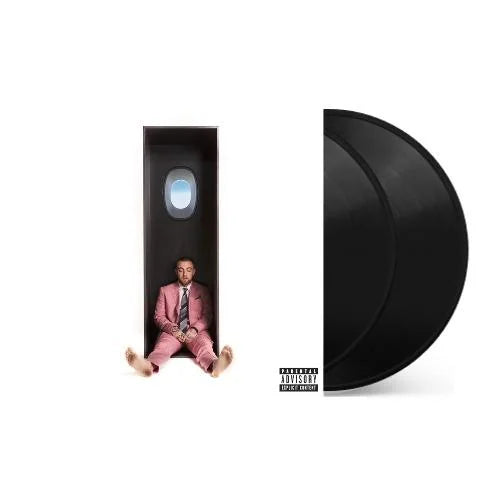
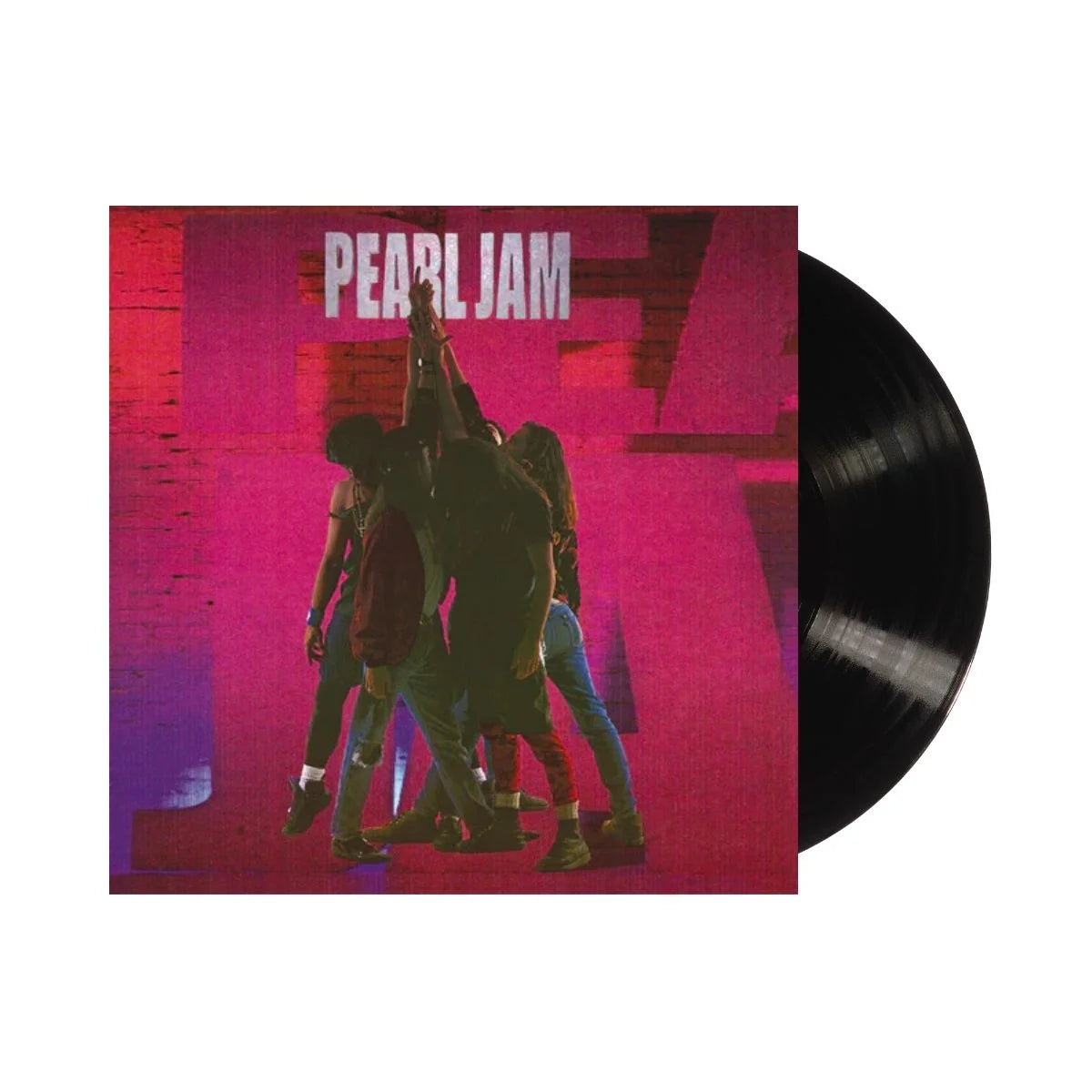
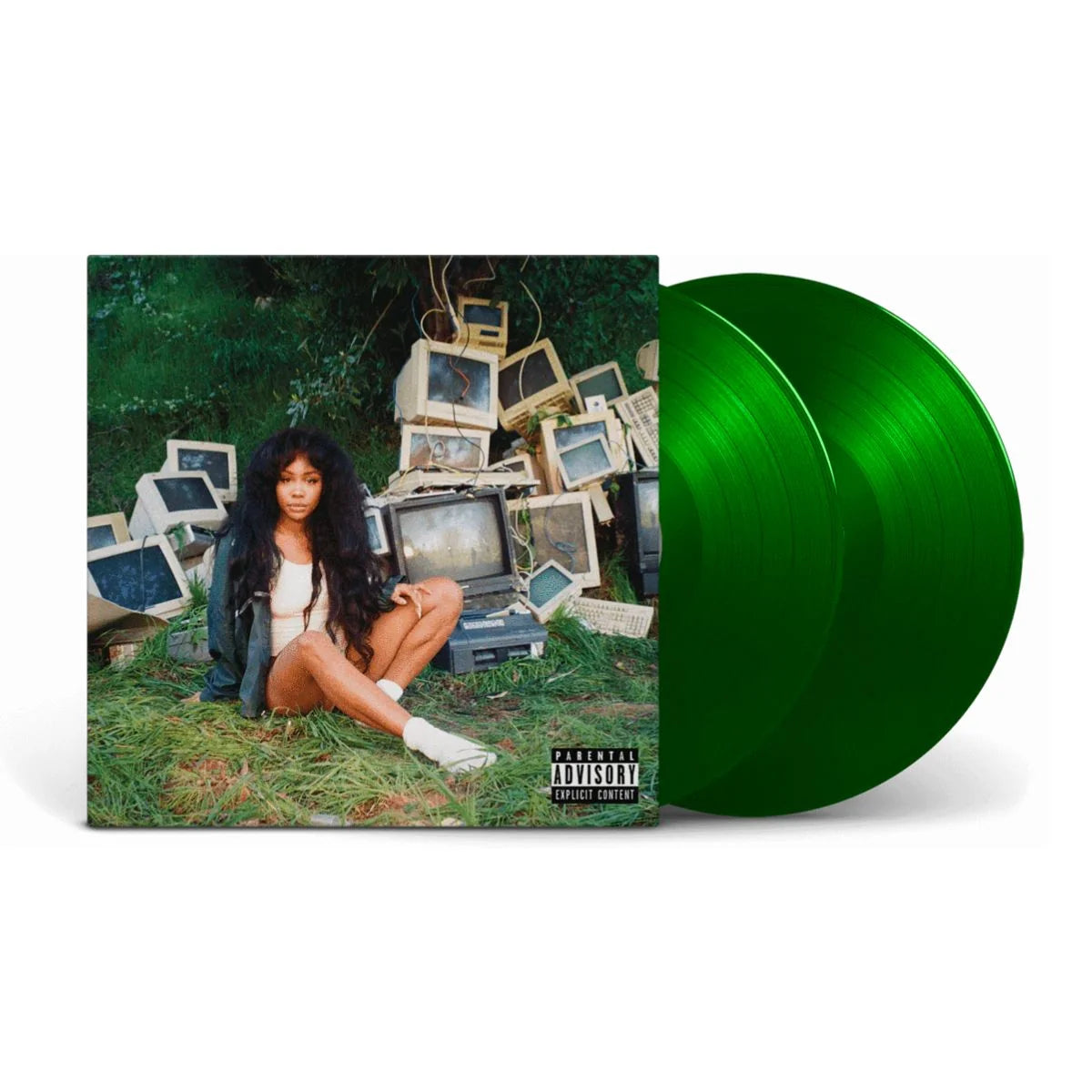
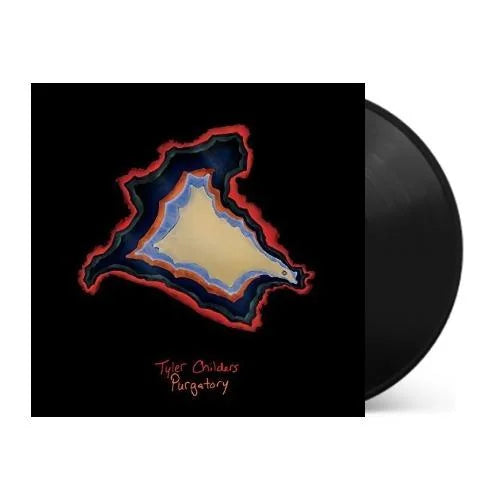
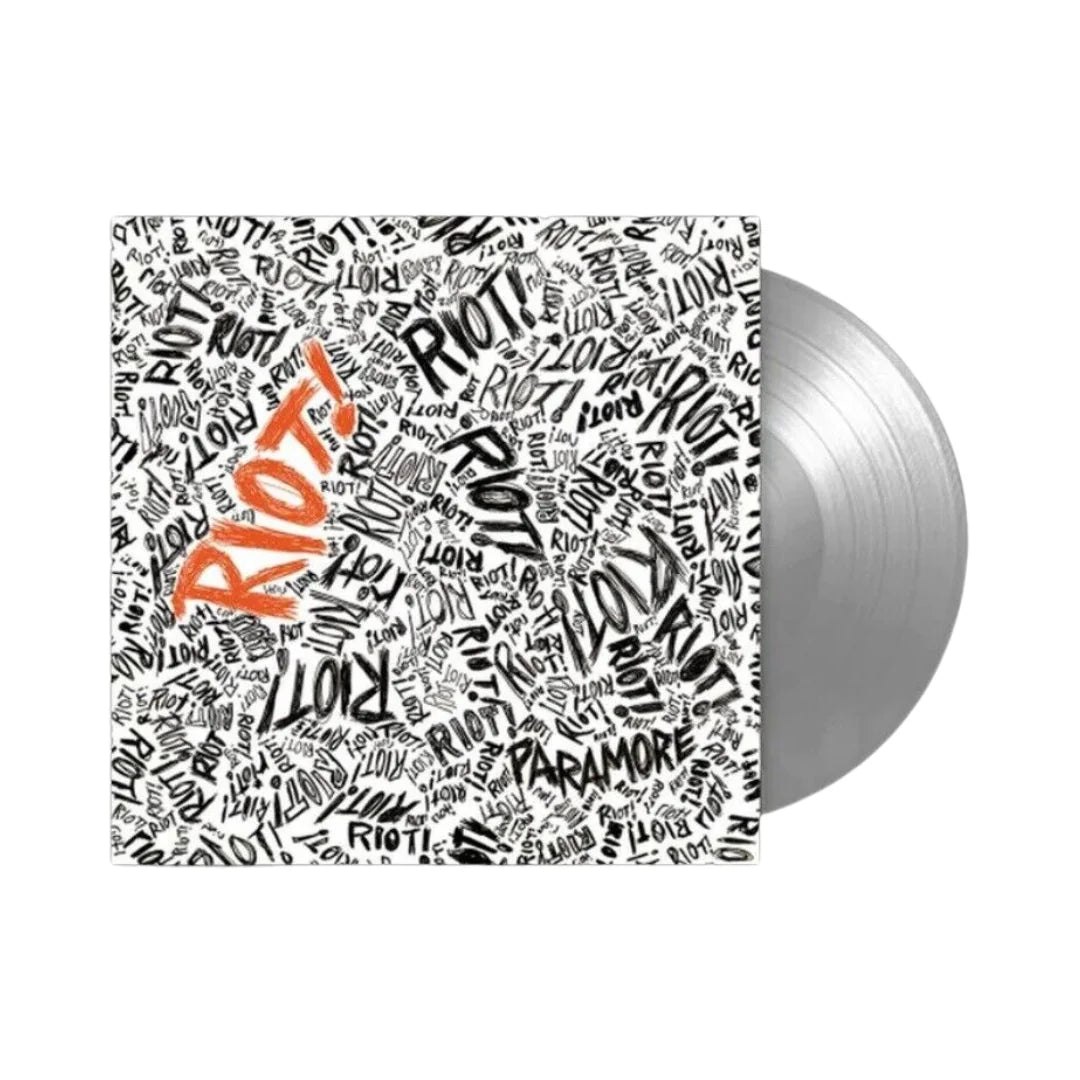
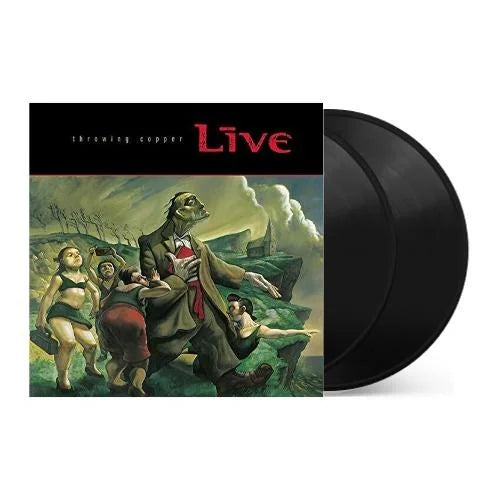
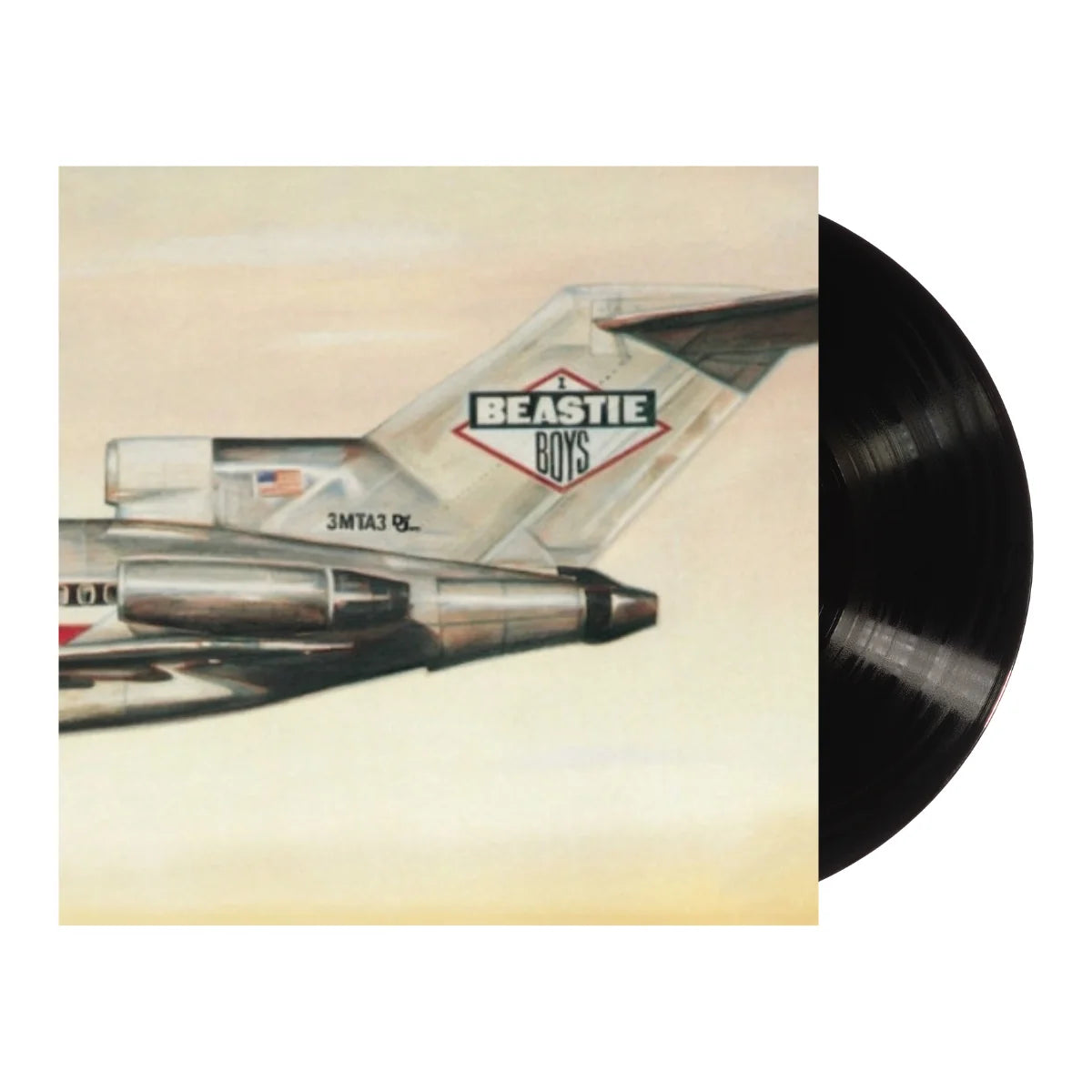
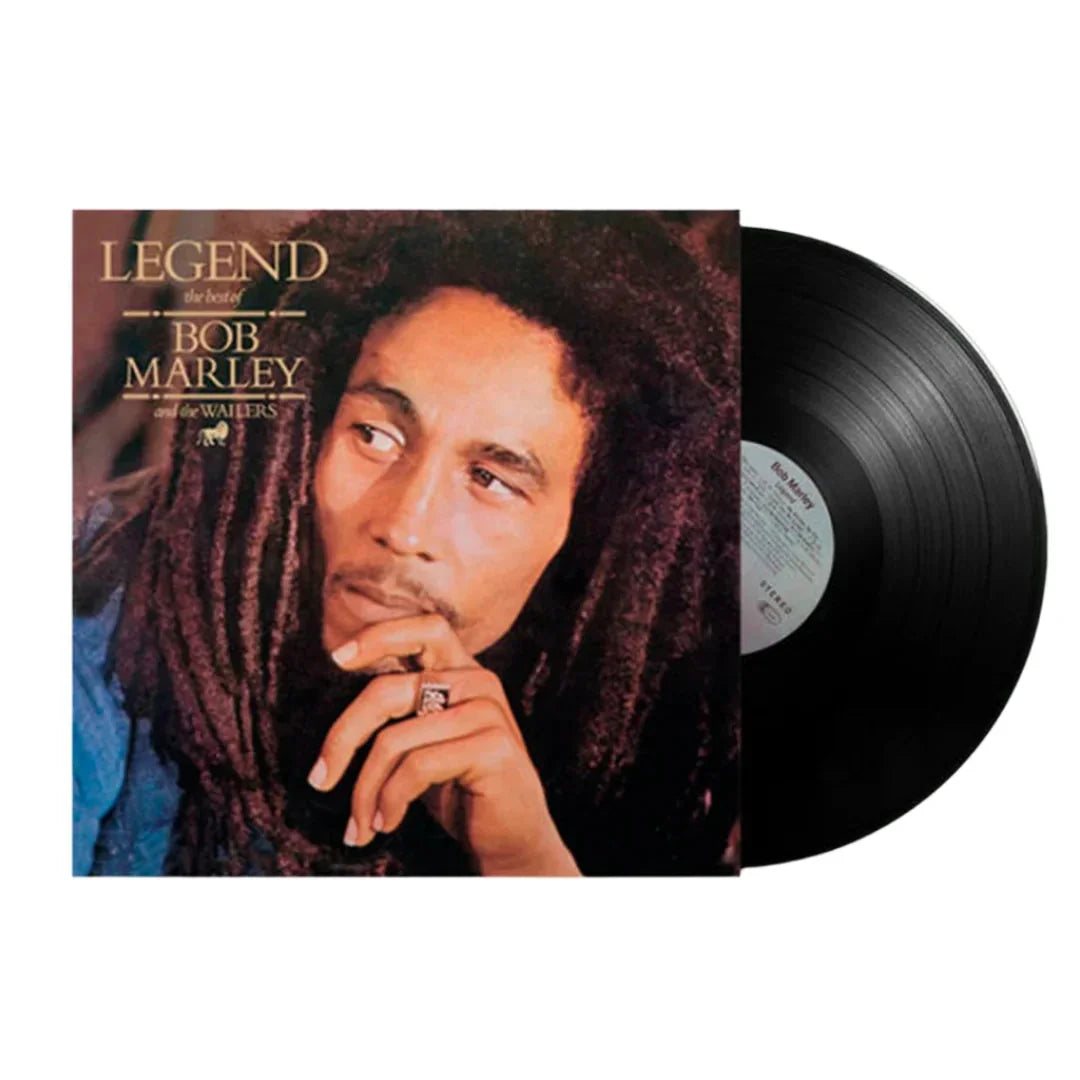
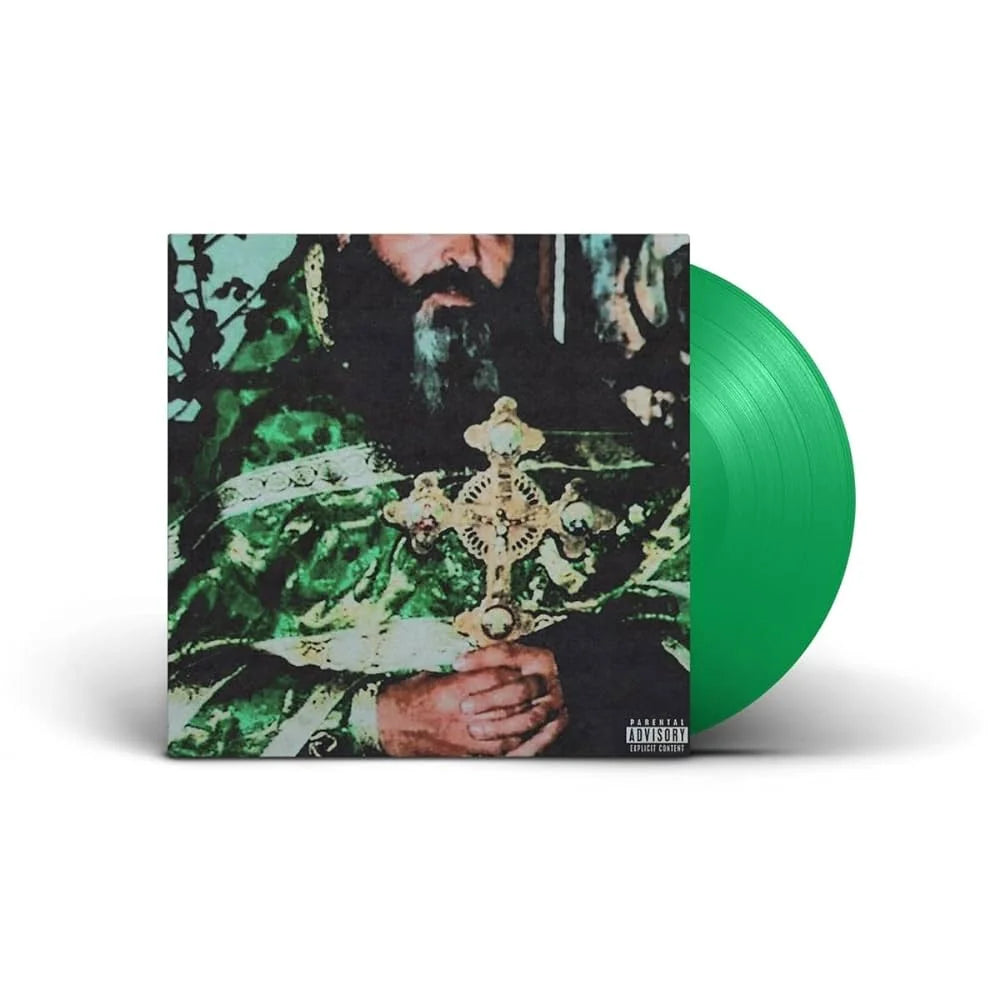
![1 Locate S - Wicked Jaw [Sky Blue]](http://vinyl.com/cdn/shop/files/4217742-2982879.jpg?v=1693273095&width=5760)

![11/5 - A-1 Yola [2LP Orange Swirl]](http://vinyl.com/cdn/shop/files/3992138-2728122.jpg?v=1684200429&width=5760)

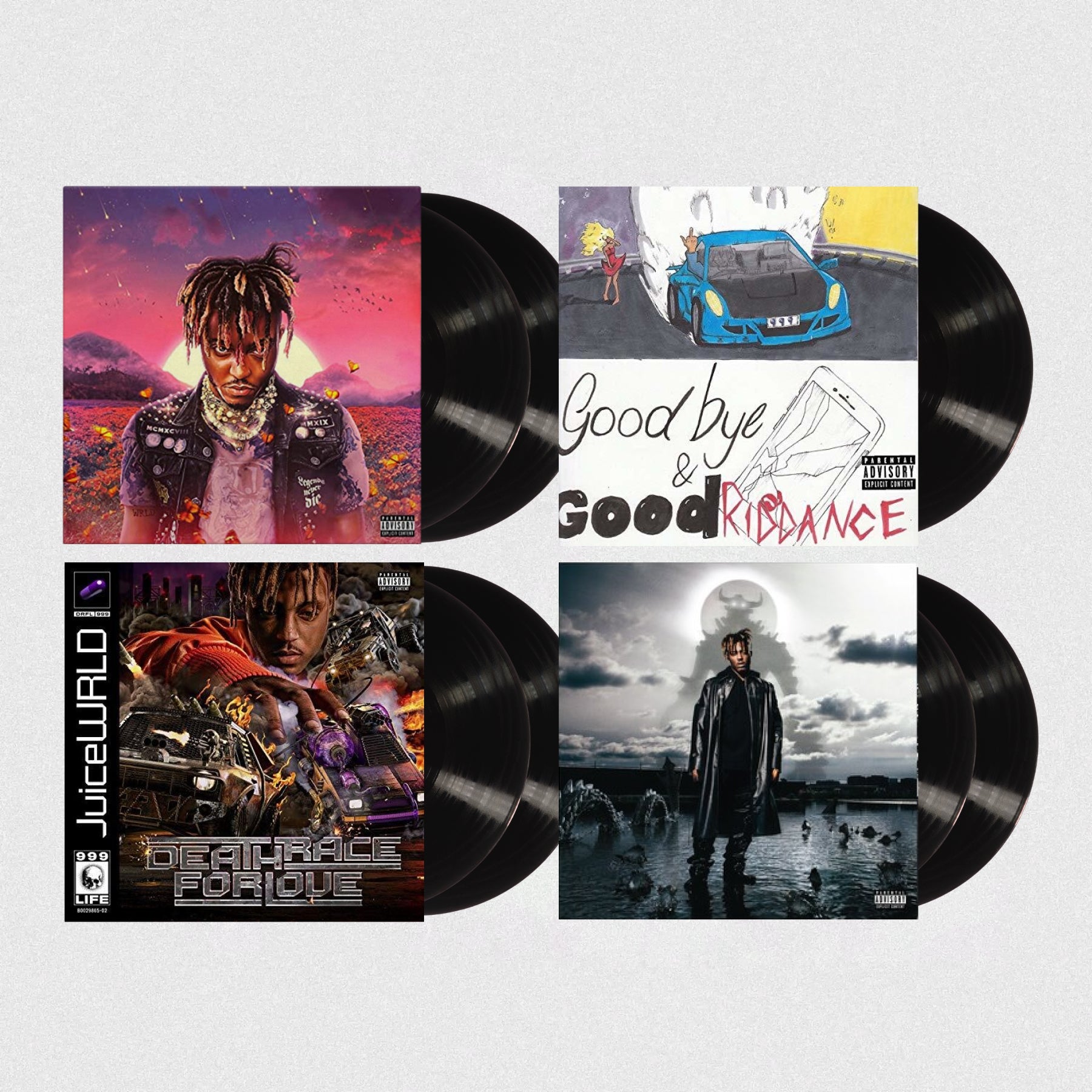

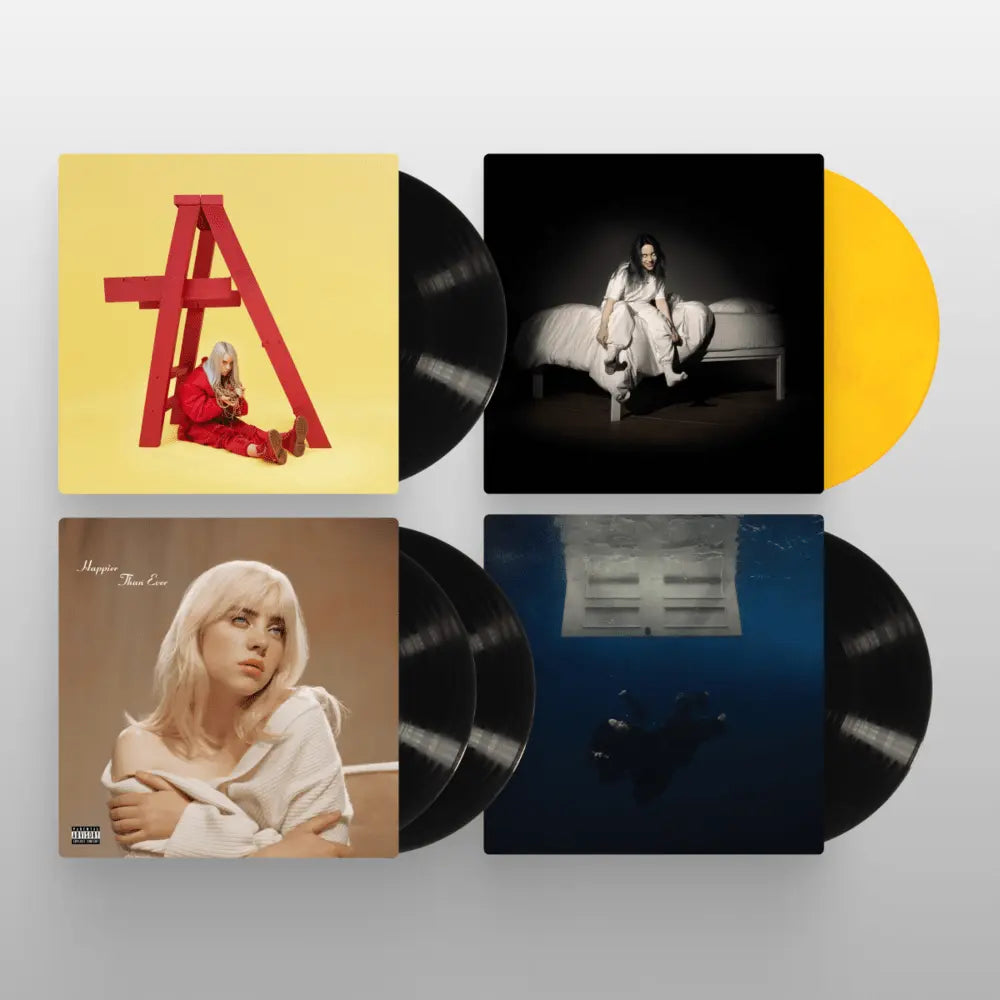
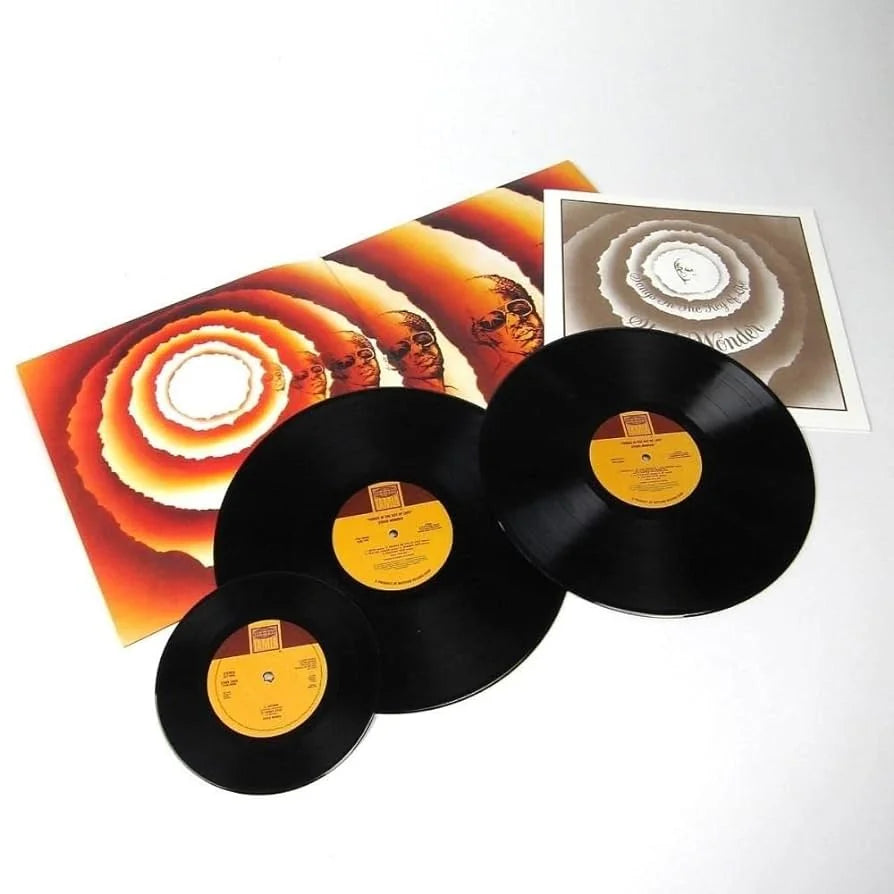

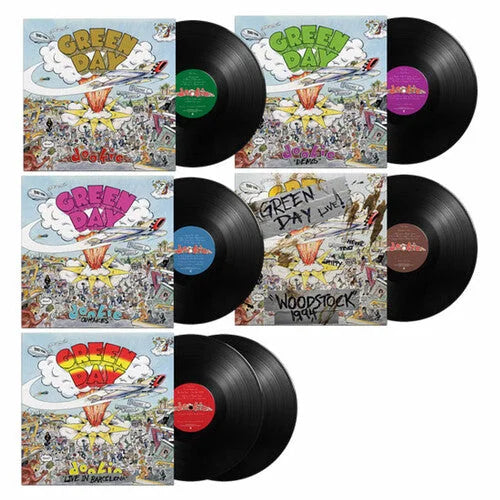


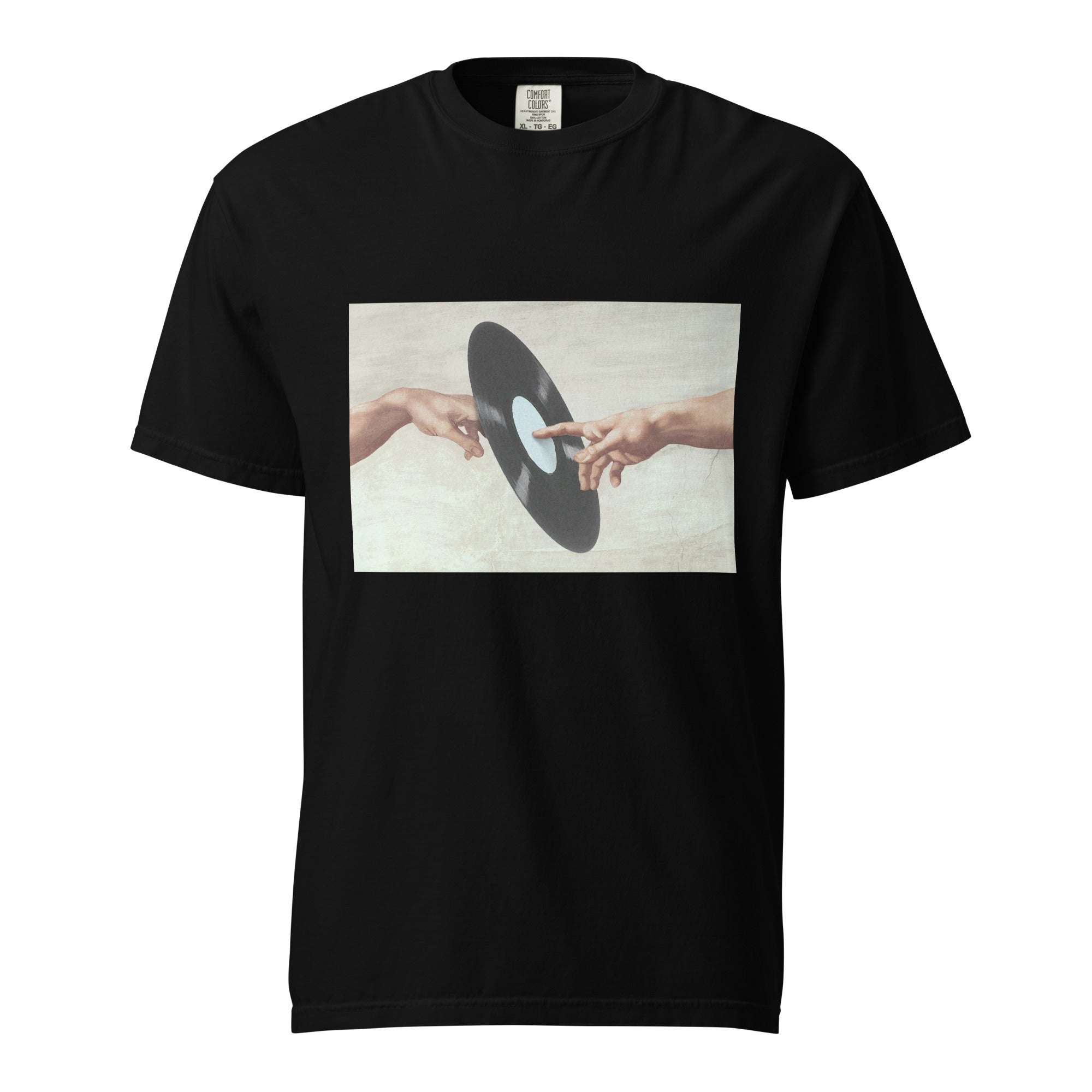
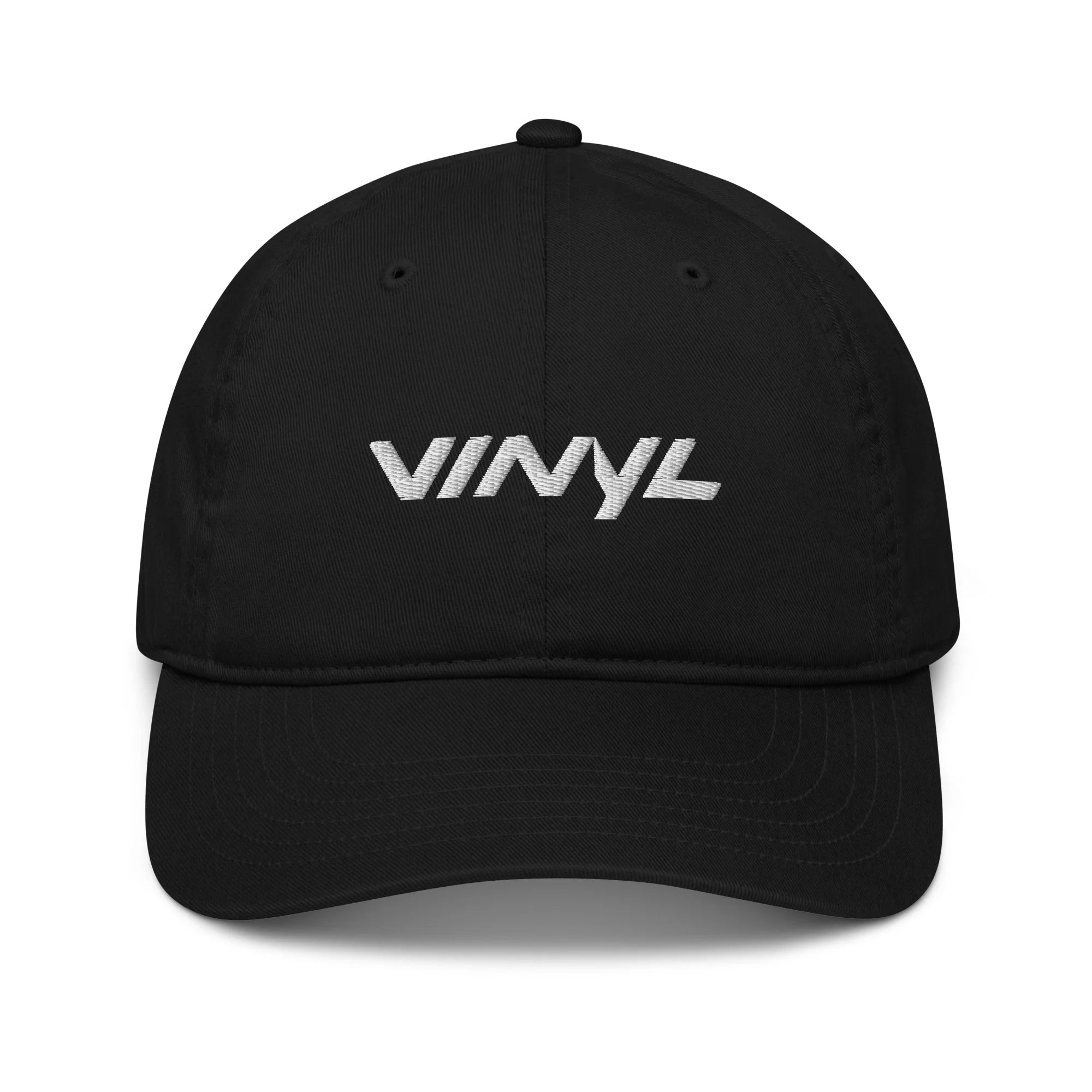
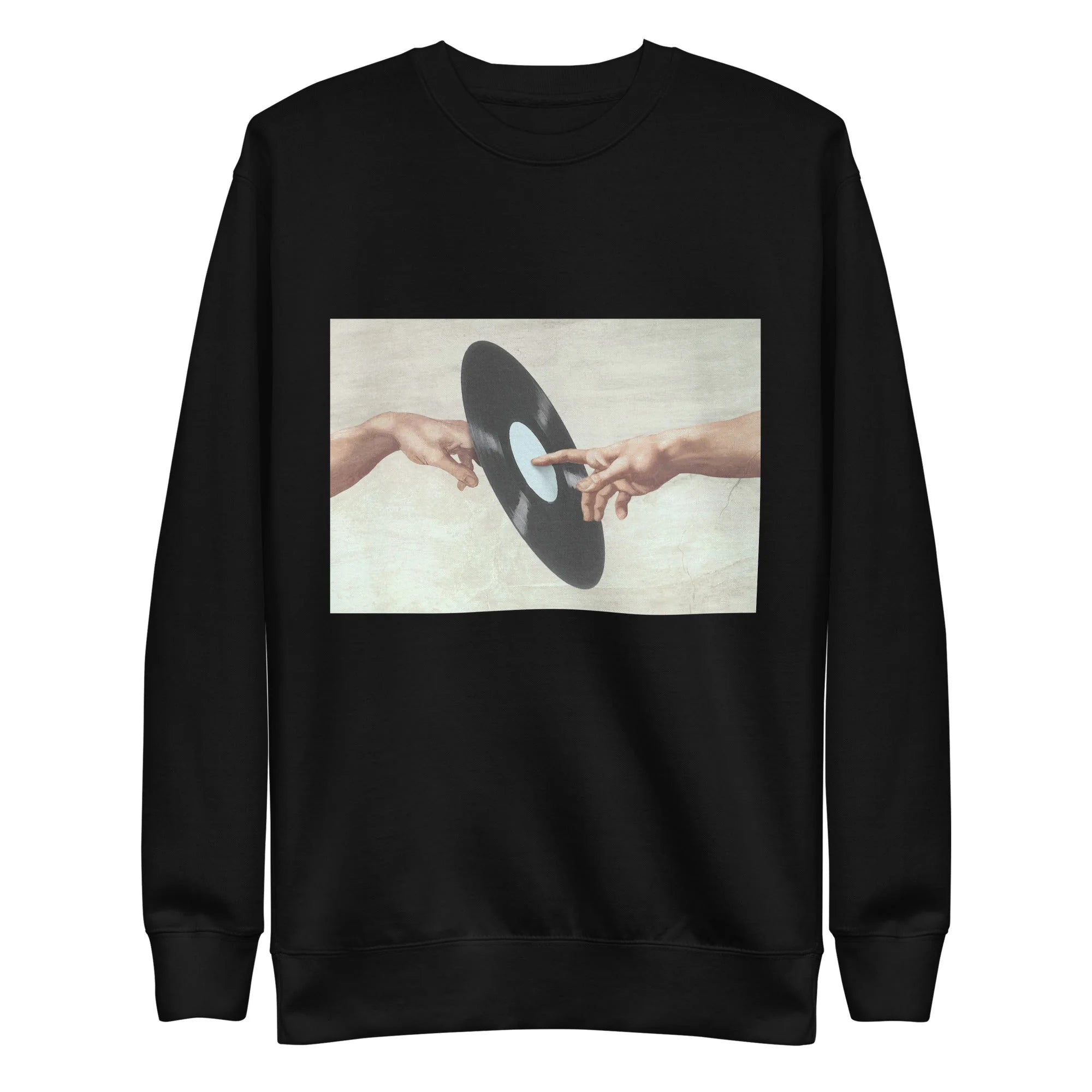
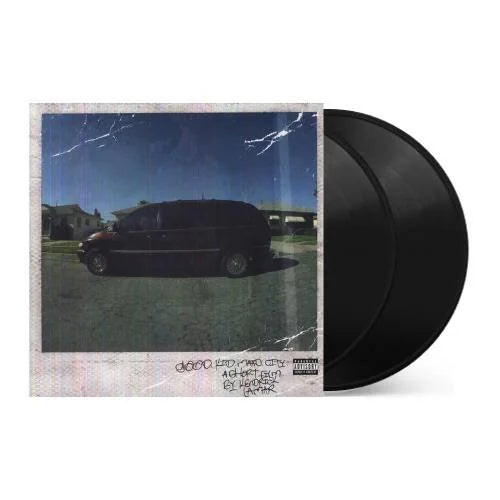
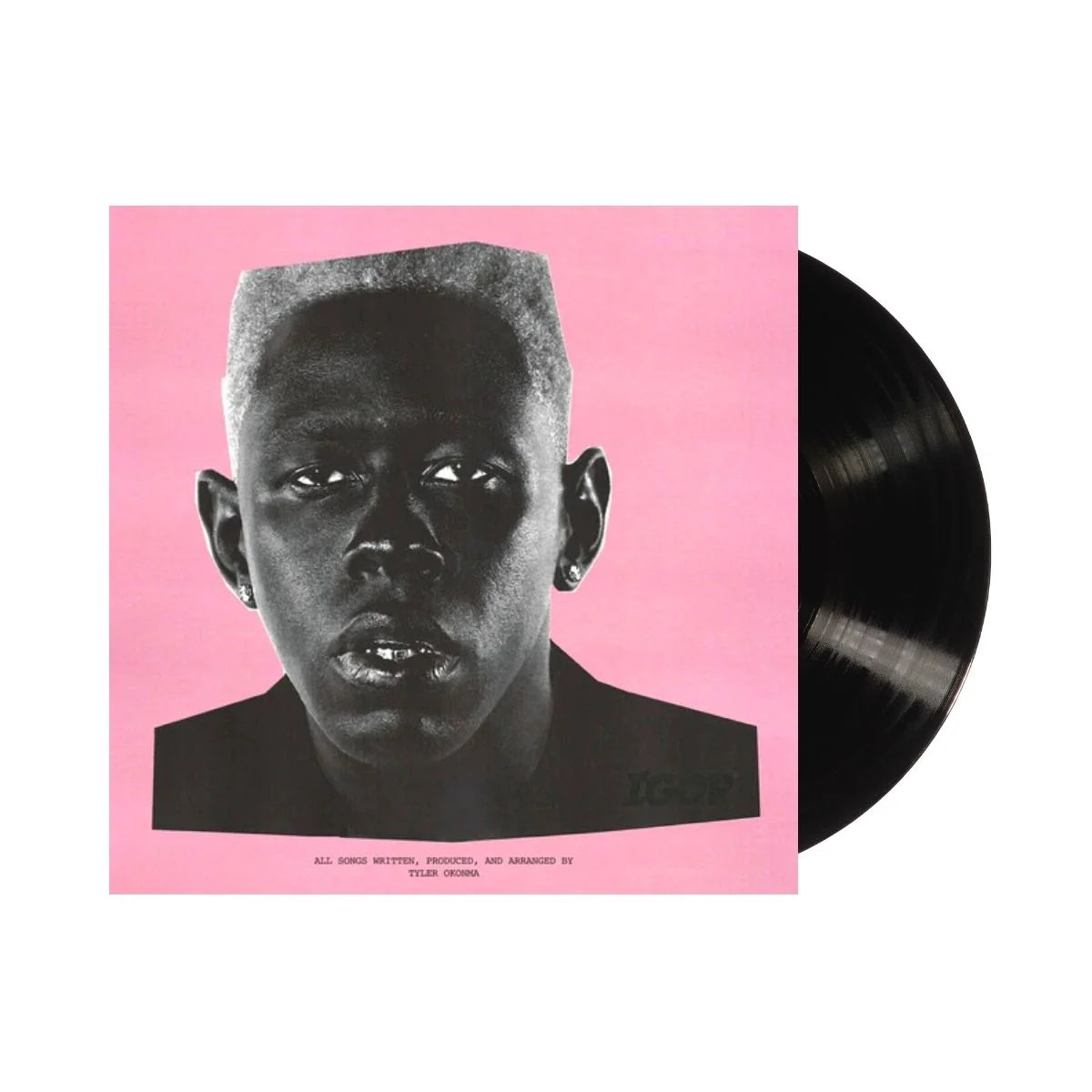
![Taylor Swift - 1989 (Taylor's Version) [2LP Crystal Skies Blue]](http://vinyl.com/cdn/shop/files/taylor_swift_1989_taylors_version.jpg?v=1734389117&width=5760)
![Taylor Swift - folklore [Beige 2LP]](http://vinyl.com/cdn/shop/files/477929-Product-0-I-637317959467683009_grande_a6f82db0-1cb7-45c5-8892-ed79af261e80.webp?v=1736750683&width=5760)
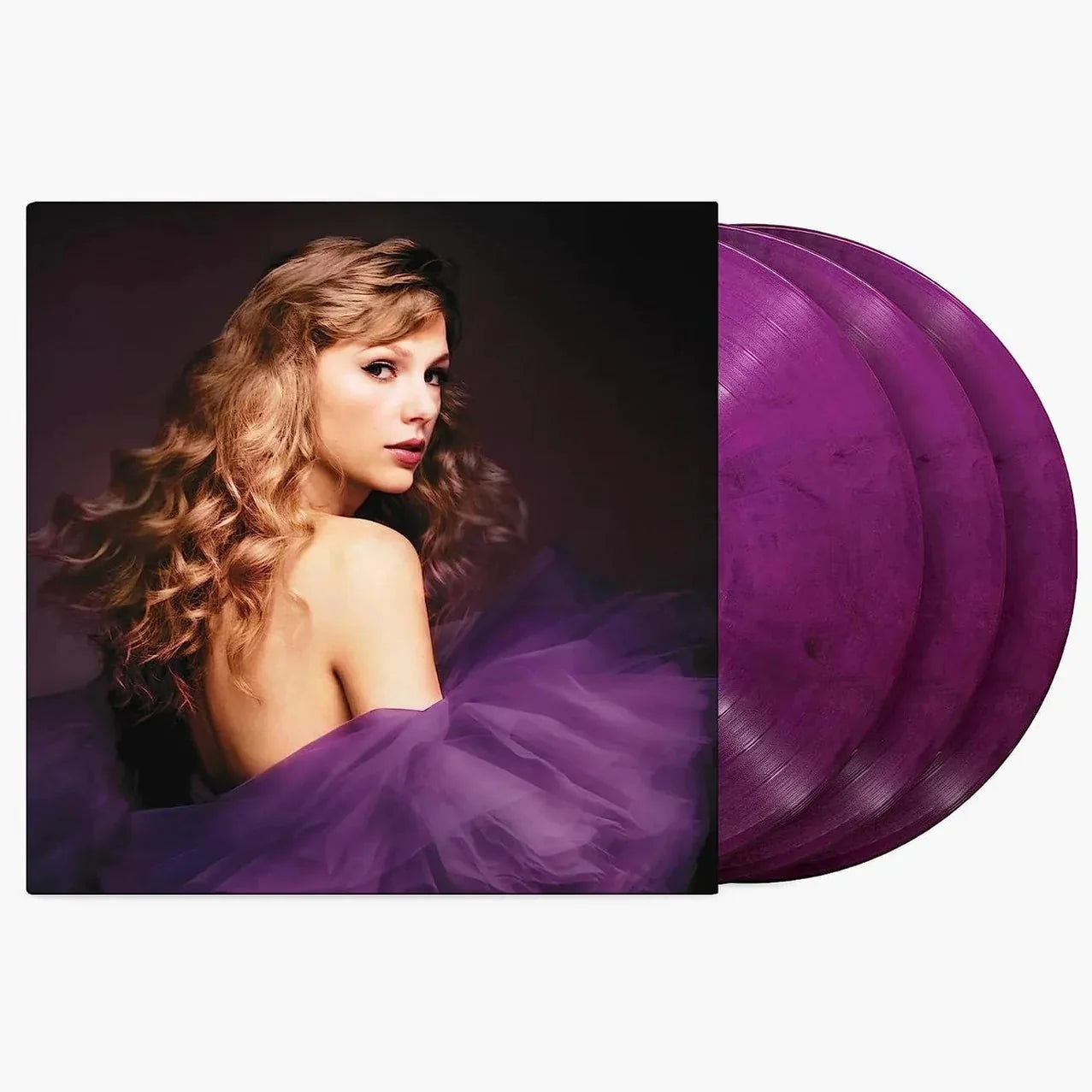
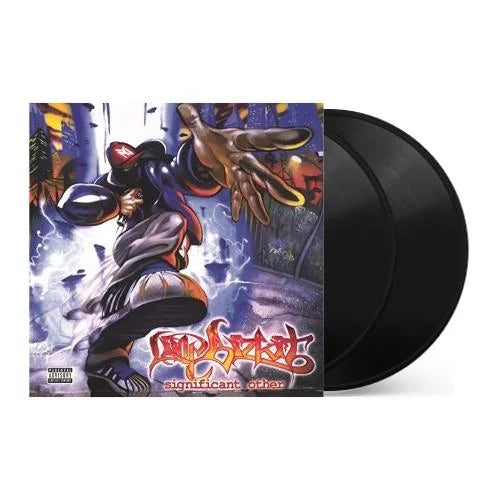
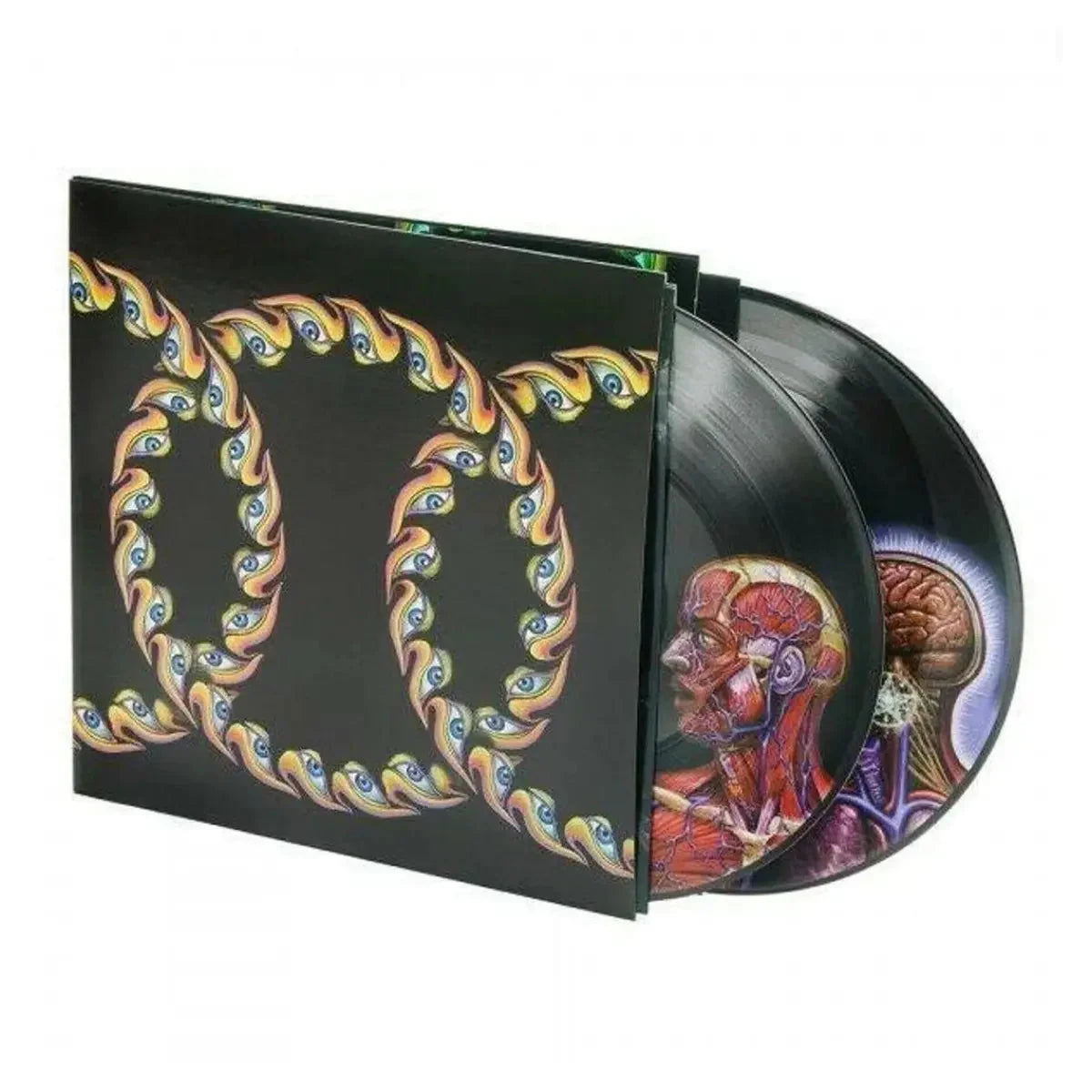
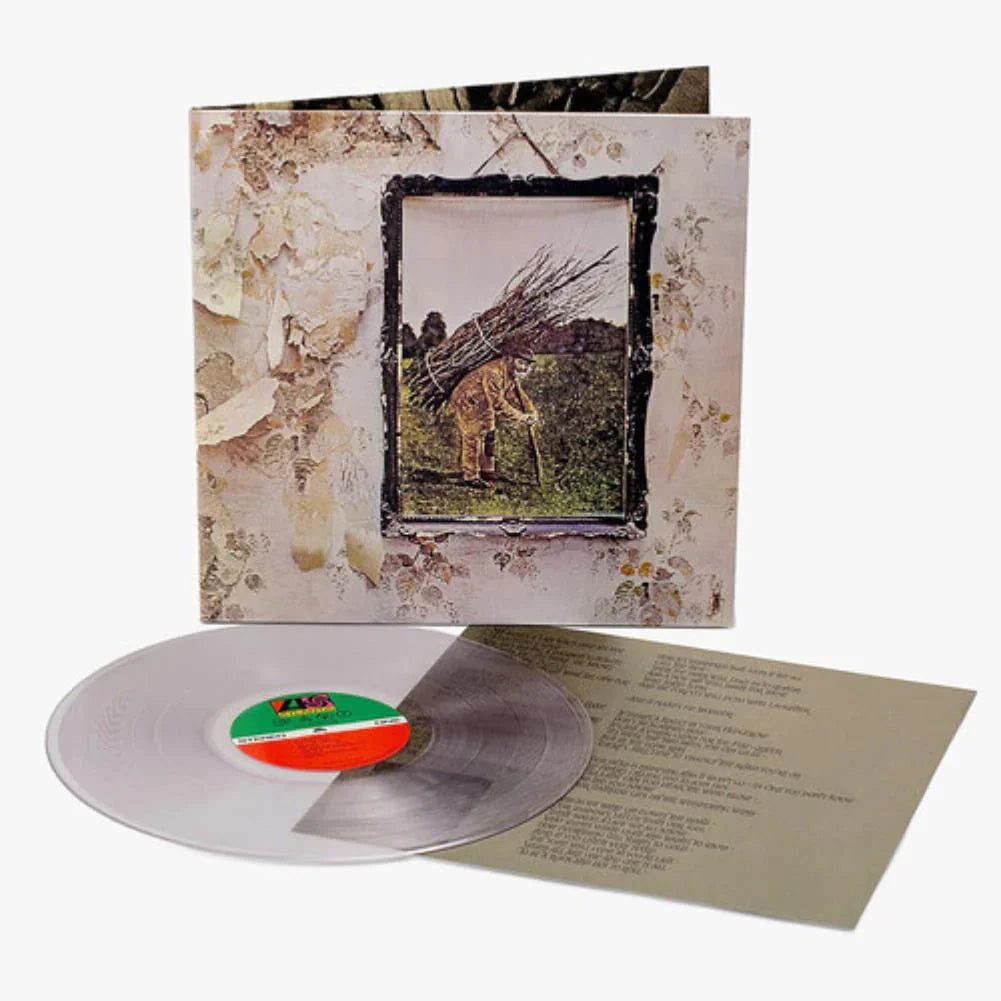
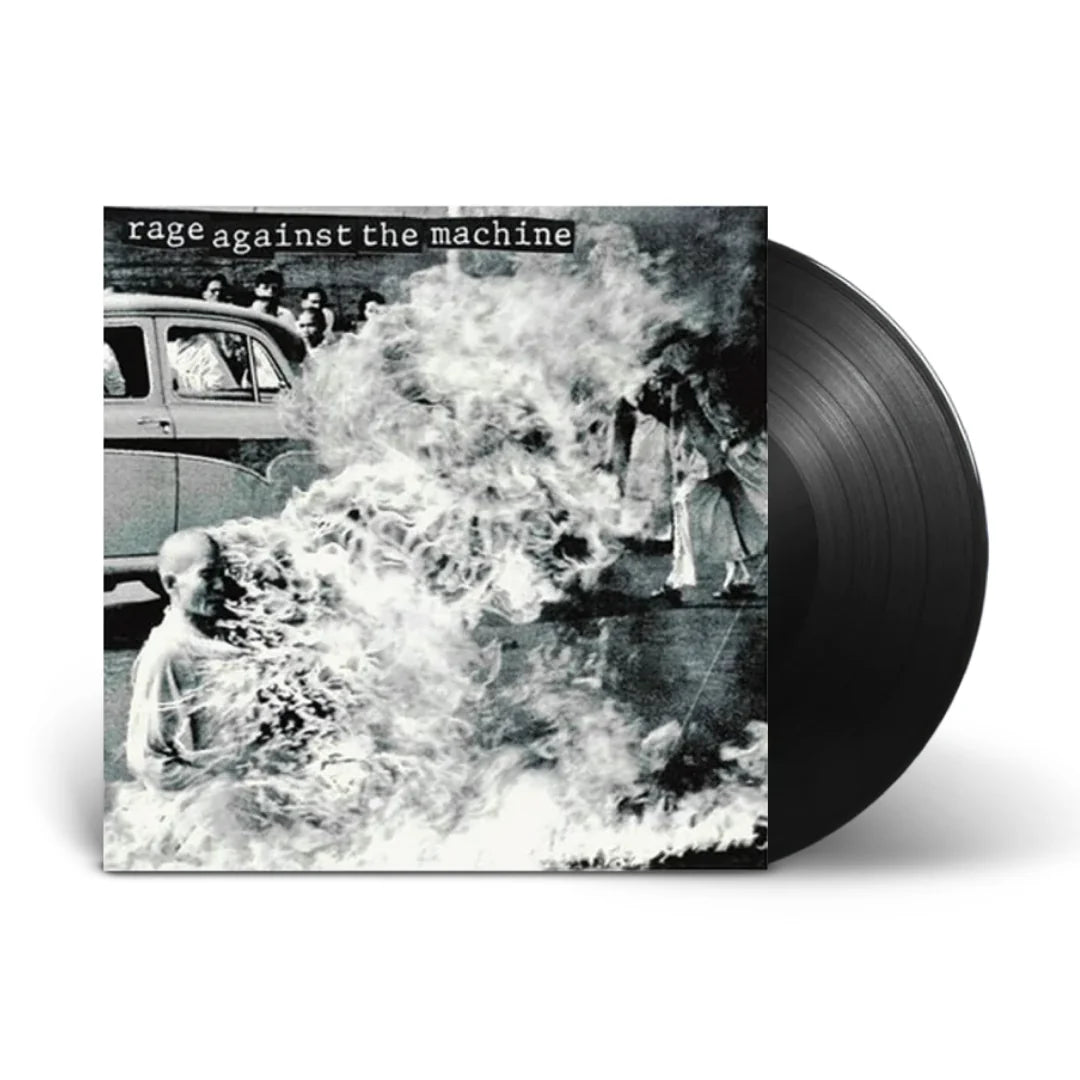
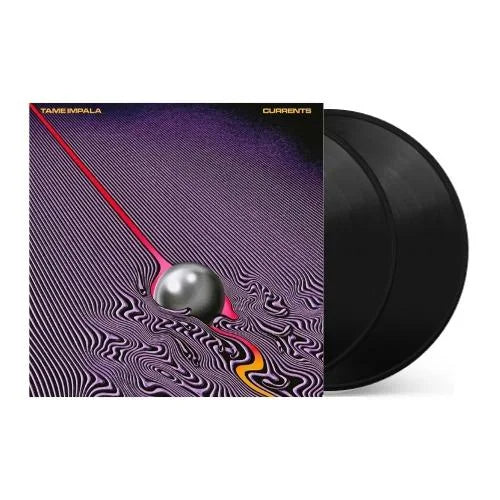
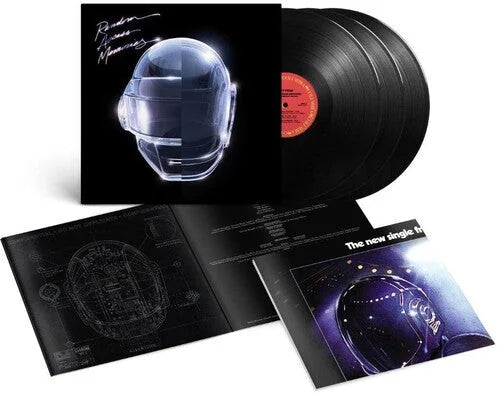
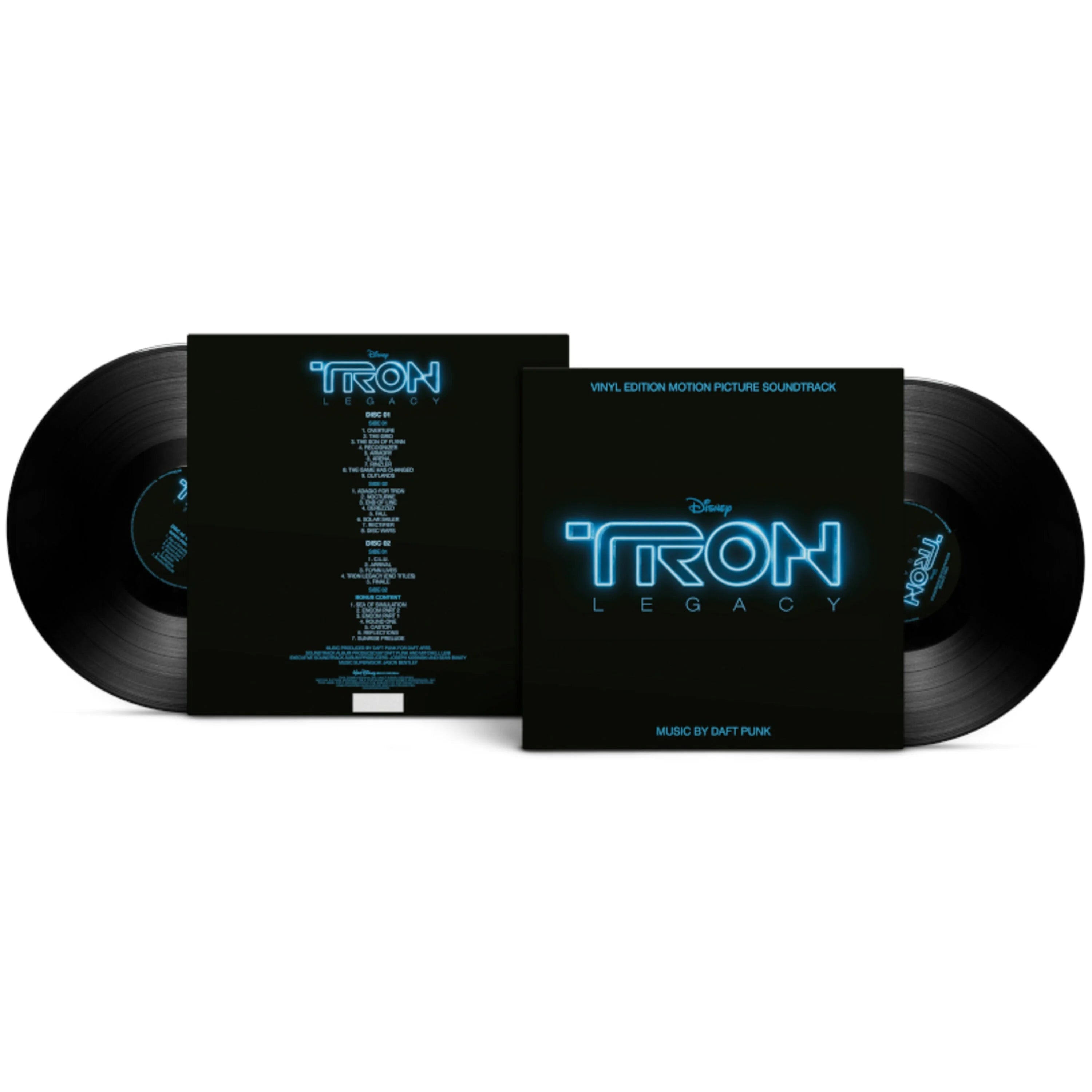

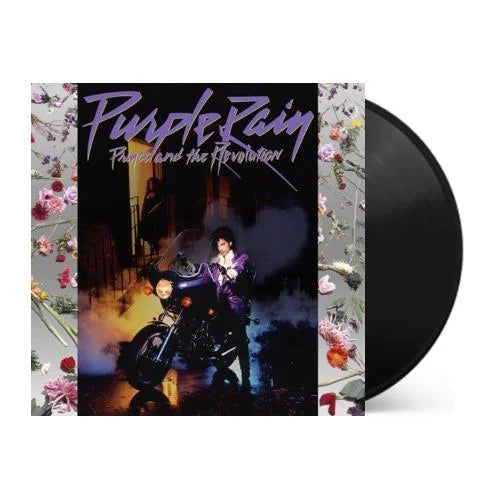
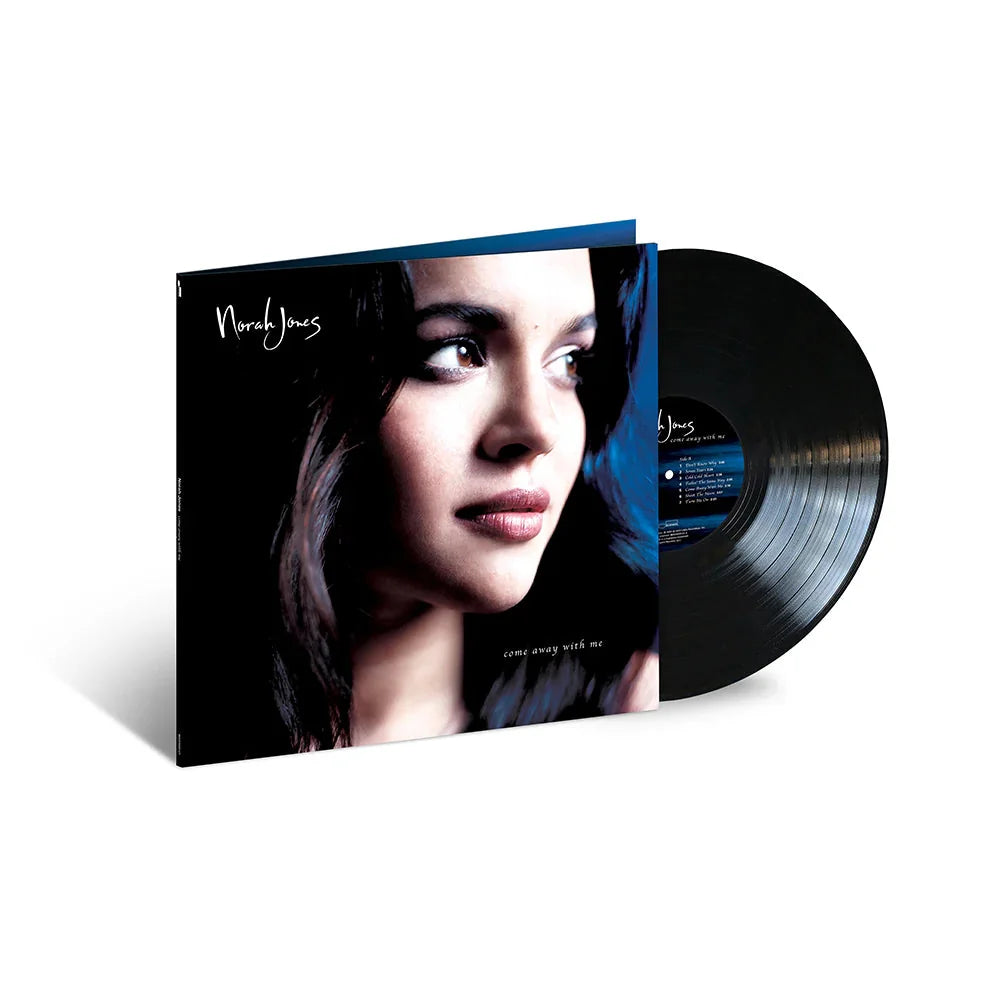
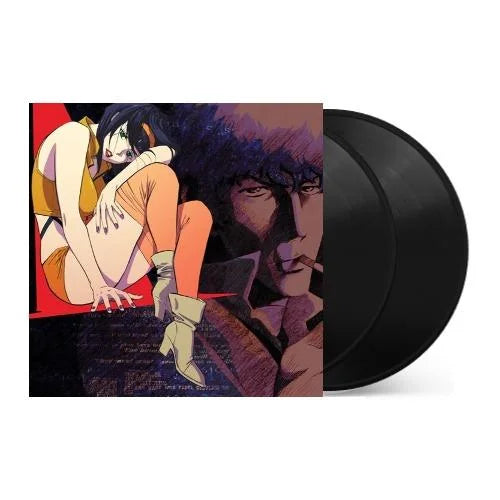

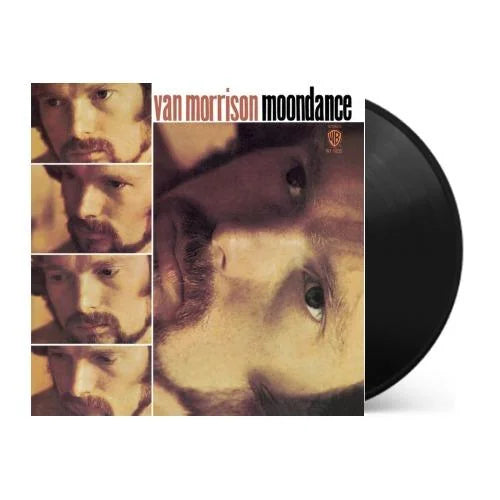
![Grace Jones - Nightclubbing [Gold]](http://vinyl.com/cdn/shop/files/4407705-3329230.jpg?v=1742429522&width=5760)
![Debbie Harry - KooKoo [Clear 2LP]](http://vinyl.com/cdn/shop/files/4025259-2960387.jpg?v=1682465873&width=5760)

![Miles Davis - Kind of Blue [180-gram]](http://vinyl.com/cdn/shop/files/Y4LPMD03.webp?v=1742198237&width=5760)
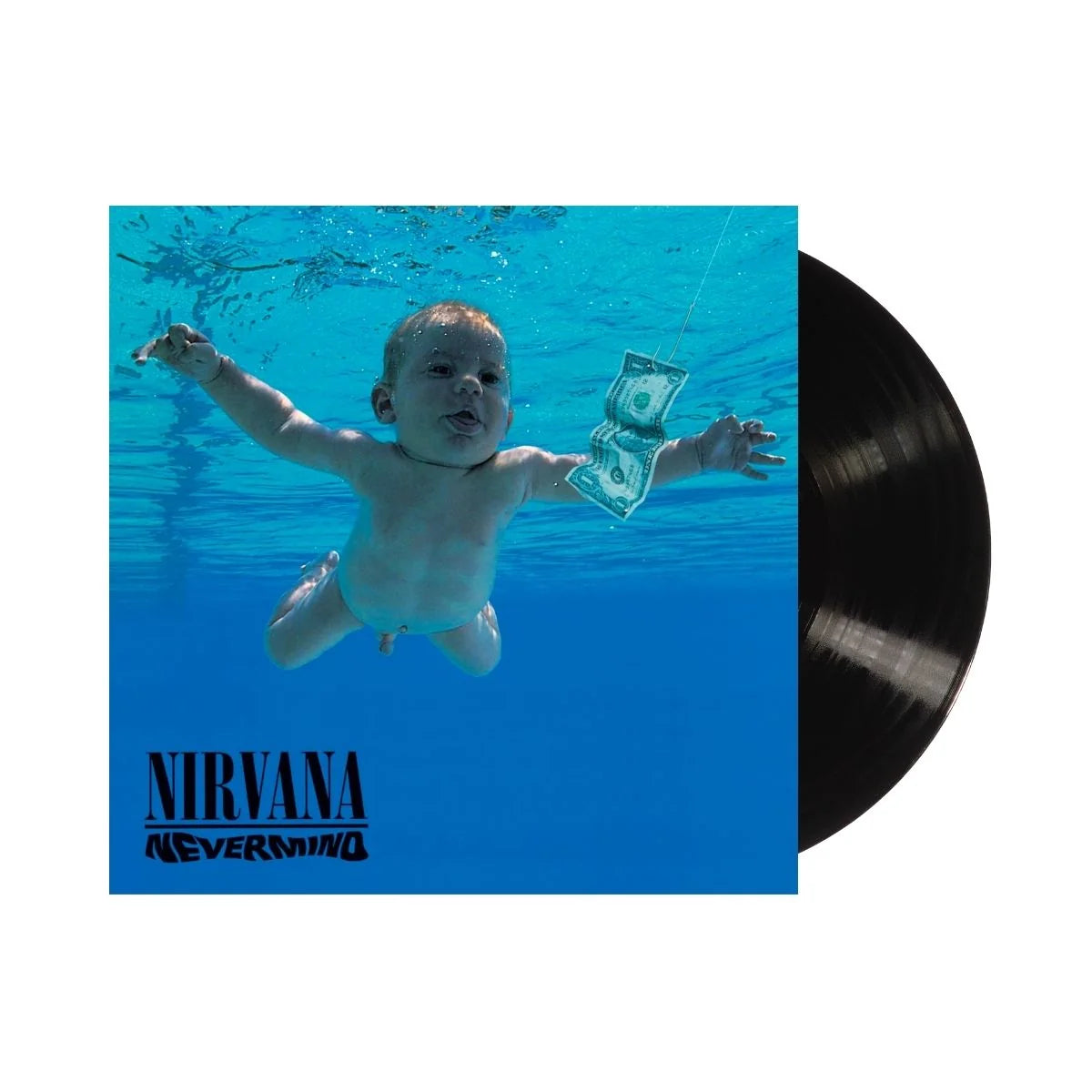
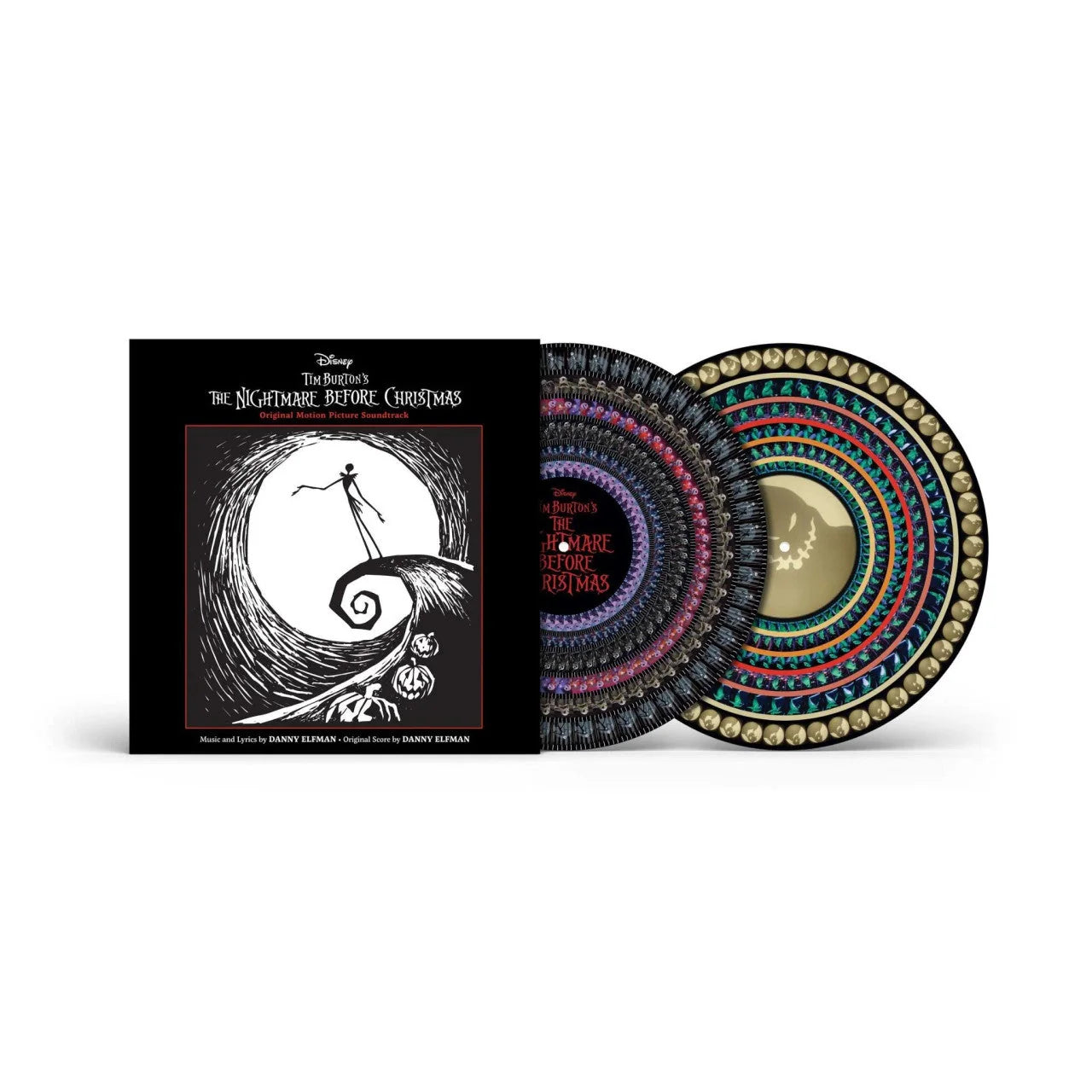
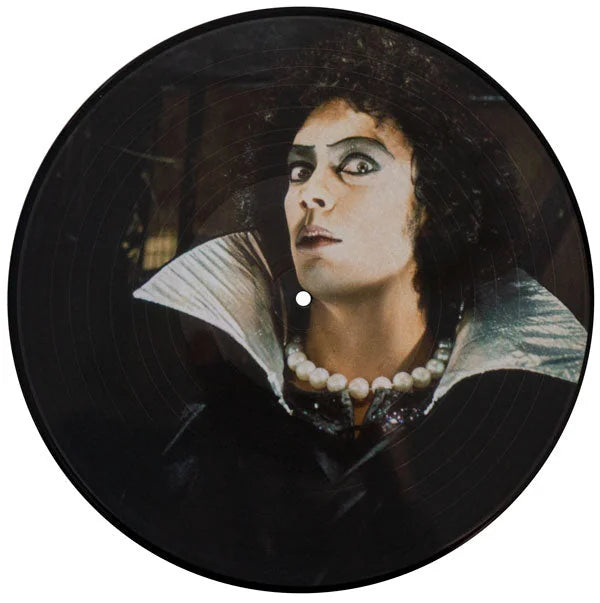
![Various Artists - Once Upon A Time: The Tarantino Sound [Red 180-Gram]](http://vinyl.com/cdn/shop/files/4376720-3283530.jpg?v=1733870948&width=5760)
